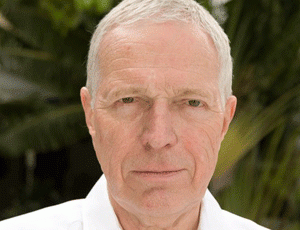
Get unique insights into unemployment and business growth


Nobel prize winning global economist specializing in among others unemployment, economic growth and inclusion
Request fees and availabilitySend a simple request. You’ll get a quick reply with fees and availability
About Edmund
Keynote
Video
Edmund Phelps, born in 1933 in Evanston, outside Chicago, grew up in Hastings-on-Hudson, N.Y. He earned his B.A. from Amherst in 1955 and his Ph.D. from Yale in 1959. He is the winner of the 2006 Nobel Prize in Economics, Director of the Center on Capitalism and Society, Columbia University and McVickar Professor of Political Economy at Columbia.
His career began at the RAND Corporation. From 1960 to 1966 he held appointments at Yale and its Cowles Foundation, then a tenured professorship at Penn and was appointed Professor of Economics at Columbia in 1971.
Phelps’s work can be seen as a program to put “people as we know them” back into economic models – accounting for the incompleteness of their information and studying the effects of their expectations on the market. He applies this perspective in studying unemployment and inclusion, economic growth, business swings and dynamism.
Phelps was elected Fellow of the National Academy of Science in 1982 and made a Distinguished Fellow of the American Economic Association in 2000. He was greatly honored in 2001 with a Festschrift celebration and resulting conference volume. In 2008 he was named Chevalier of the Legion of Honor, awarded the Premio Pico della Mirandola and the Kiel Global Economy Prize. The same year the UBA Law School established the Cátedra Phelps and then two years later instituted the Phelps Medal for Innovation and
Inclusion. In 2010 he was appointed Dean of the New Huadu Business School in China and named to the Advisory Board of the New York Forum. In 2011 he became director of the New Huadu Economics and Management Institute in Beijing and was honored with the Louise Blouin Award for Creative Leadership. He has received many honorary professorships and honorary degrees, the latest a doctorate from the Université Libre de Bruxelles in June 2010
See keynotes with Edmund PhelpsWatch speaker Edmund Phelps in action!
Send a simple request. You’ll get a quick reply with fees and availability